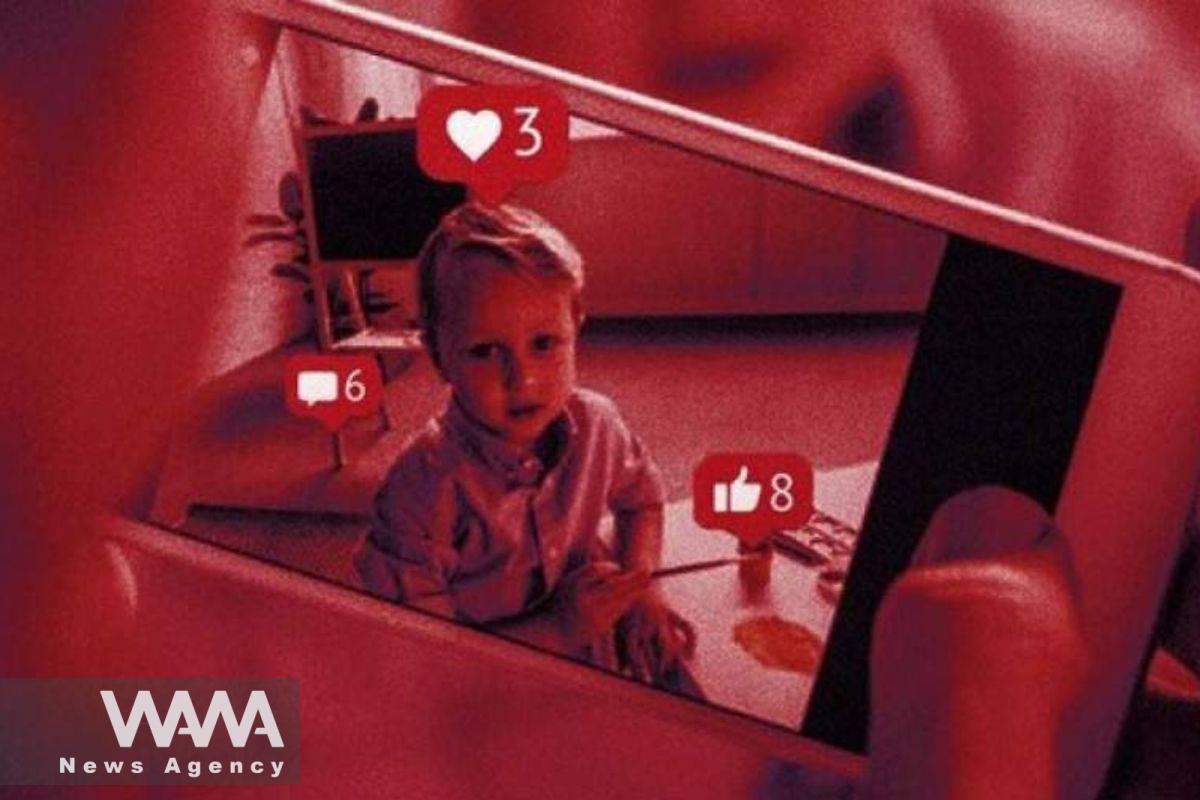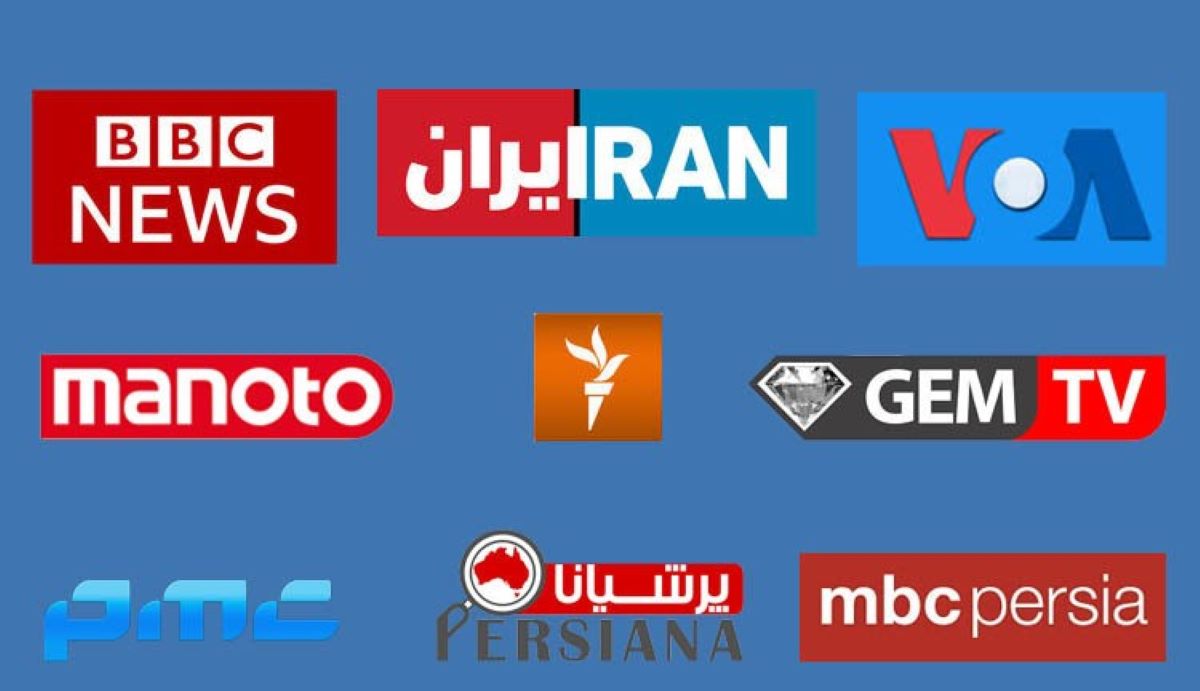Iranian Culture Under the Rubble of Inappropriate Content
WANA (Dec 29) – In recent years, influencers have raised serious concerns about their impact on Iranian culture. Some have popularized inappropriate content, including offensive jokes with parents and the use of vulgar language, creating a toxic environment.
Unfortunately, this behavior has extended beyond social media into everyday life. From elementary school children making explicit jokes to teens imitating these behaviors in parks and public spaces, the spread of such counter-culture is alarming.
Many social media users point to families as the root cause of this issue. The casual use of inappropriate language by adults—whether at home or in public—sends a message to children that such behavior is acceptable. Even teachers have been criticized for tolerating or participating in students’ inappropriate humor, further normalizing these actions.

An Instagram user post, which is complaining about a teenager’s behavior who insulted her mother on her birthday. Social media/ WANA News Agency
For instance, an Instagram user shared a video confirming these disturbing trends. The user claimed to have personally witnessed young children in a park making inappropriate jokes and insulting each other’s mothers. This individual, within their capacity, sought to address the issue by raising awareness through the video, hoping to prevent further damage.
What stands out is the user’s sense of responsibility in sounding the alarm about this serious problem. However, he also acknowledged the potential backlash they might face. Some might dismiss his warnings as preachy or attack them in the comment section. This reaction highlights a critical cultural gap: constructive criticism and issuing reminders on such matters are yet to be normalized or embraced in society.
The problems arising from inappropriate jokes within families and media are not limited to ordinary individuals. Iranian cinema, too, contributes to this issue by depicting scenes filled with unsuitable family humor. The competition to attract audiences and become the “blockbuster” of the year has driven filmmakers to create content that often breaks social norms.

Instagram pages further amplify this unhealthy content. By sharing controversial film scenes and leveraging likes and comments, they entice users to watch the full movies. This cycle results in the proliferation of banality in the media space, where commercial gain takes precedence over public morality.
Satellite and Social Networks: Tools for Promoting Disrespectful Culture
The issue of inappropriate content is not confined to cinema alone; satellite and social networks have also entered the competition for spreading banality. Programs such as talk shows and reality shows often produce content that breaks ethical boundaries and disregards the family values of Iranian and Islamic culture. These shows, especially targeted at children and adolescents, frequently promote behavior that challenges social norms.
For example, in one satellite program, experts define success in UK society based on abandoning family ties and a lack of duty toward parents. This type of messaging can make viewers, particularly those feeling inadequate or unsuccessful, indifferent or disengaged from their own families.

Elementary school’s students who have insulted each other at school and are being asked why they have done so and what they have said. Social media/ WANA News Agency
According to media expert Mahdi Mohseni, by the late last decade, 270 Persian-language satellite channels had been operating globally, with 138 specifically focusing on Iran. Among these, 51 channels were dedicated to films and TV series, 14 to political and news content, 15 to general programming, and 15 to music, among others.
In contrast, only 116 satellites covered Iranian space in the early last decade. This expansion and growth of satellite networks demonstrate how widely they have been embraced and how important they are to their creators and sponsors.
Social networks such as Instagram also serve as an open platform for all types of content. Ordinary users, by producing unhealthy content promoting disrespect toward family values and using vulgar language, contribute further to the erosion of cultural foundations.

Some of Persian language satellite channels. Social media/ WANA News Agency
Virtual Memes: From Entertainment to Unintentional Cultural Shaping
Virtual memes are another significant aspect of this issue, and they have become an integral part of online content. These memes, which often feature videos of children or adults displaying unexpected behavior or using inappropriate language, are quickly shared across social media platforms and gain millions of views. While these contents may initially be posted for entertainment, their negative impact on public culture, especially on children, cannot be denied.
Bloggers and influencers use these videos in their challenges and clips to attract audiences. Even political and religious content creators leverage these trends to increase their viewership, highlighting the profound influence of these memes on society. The rapid spread of such content reflects a shift in how cultural values are shaped, often unintentionally, through the viral nature of memes.

Iranian singers memes who have used inappropriate language and have been viral. Social media/ WANA News Agency
Inappropriate Jokes about Family: The Fine Line Between Intimacy and Disrespect
In an attempt to gain more attention, many influencers involve their families in inappropriate jokes. These videos convey a sense of intimacy and foster more engagement with audiences, but they can simultaneously undermine familial relationships. Some viewers admire this style, while others consider it disrespectful to parents and believe it harms the principle of respecting elders.
This trend reflects the cultural and ethical challenges of the digital age, where the boundaries between entertainment and social values are rapidly shifting.
#Iran has officially lifted the ban on #GooglePlay and #WhatsApp. pic.twitter.com/nJSUUE4hx8
— WANA News Agency (@WANAIran) December 24, 2024












